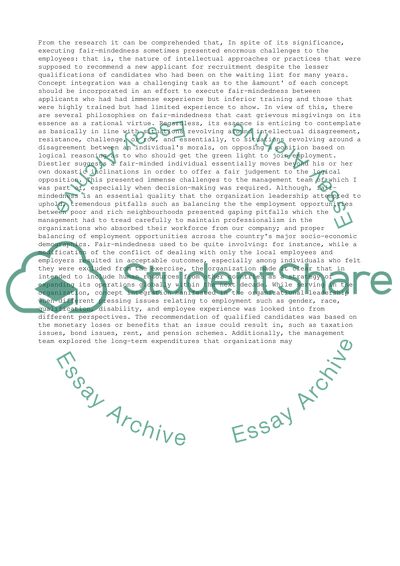Cite this document
(“Essence of concept of integration to fair-mindedness Essay”, n.d.)
Retrieved from https://studentshare.org/management/1392889-leadership
Retrieved from https://studentshare.org/management/1392889-leadership
(Essence of Concept of Integration to Fair-Mindedness Essay)
https://studentshare.org/management/1392889-leadership.
https://studentshare.org/management/1392889-leadership.
“Essence of Concept of Integration to Fair-Mindedness Essay”, n.d. https://studentshare.org/management/1392889-leadership.


